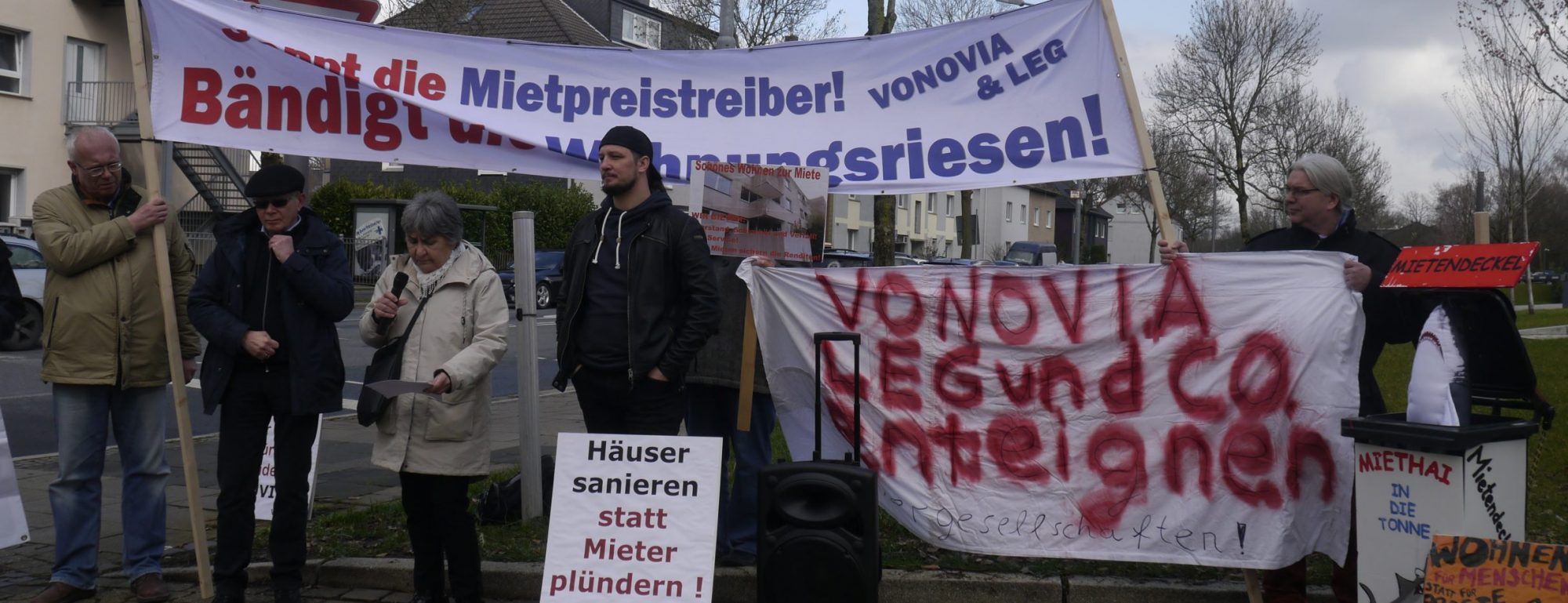In 1999 Hackney Council in London decided to knock down and rebuild Woodberry Down Estate – one of London’s largest housing estates, with roughly 2,000 council rented homes. But the big winners are not the tenants but developer Berkeley Homes. Some blocks have been demolished and some tenants re-housed, but most buildings, including the oldest and worst blocks of flats, with serious problems of damp, are still standing. Meanwhile, two glossy tower blocks for sale by the developer stand on the prime part of the estate, with an attractive view of the reservoir.
Recent re-scheduling has extended the re-development from five to eight phases going up to 2032 – and Phase 2 is just starting. The number of projected homes has gone up from 4,000+ to 5,557. Most will be for sale by Berkeley Homes at anything up to £1,000,000 for a nice penthouse. Many will be rented back to local people at rents of about £1000 a month.
None will be council rented – Genesis Housing Association will own the properties for rent, which will as a result be more expensive and have less security of tenure. Even on the best projections there will be far fewer of these social rented properties than the number of council rented homes on the original estate. The rest of the Genesis owned properties will be part-rent, part-buy. The cheapest part rent, part buy homes are £60,000 for a 25 per cent share, and the total monthly outgoings (mortgage, rent and service charge) are £812 – still too expensive for local people.
There is a gulf between the communal facilities provided for most of the Woodberry Down tenants and the ones in the neighbouring Berkeley Homes blocks for sale, where residents can enjoy the exclusive use of a gym and swimming pool. Shops have been re-located to the ground floor of private-for-sale 23-storey Residence Tower. In the process the local people have lost their bakery, takeaway and betting shop.
Woodberry Down is just one of the projects all over London that have turned out to be nice little earners for Berkeley Homes. At the end of 2012 it was reported that Berkeley Group was to pay a dividend to its shareholders for the first time since 2008 after a rise in profits. The dividend would be 15p per share in April 2013 as the first stage of a plan to pay out £1.7bn to shareholders over the next decade. As a shareholder, founder Tony Pidgley will receive around £1m from the dividend.
Berkeley snapped up cheap land after the 2008 financial crisis and has been building in London to sell on to overseas buyers, spending £500 million on buying sites in the four years to 2012. In the six months to October 31 2012, Berkeley’s revenues had increased 69pc to £686m and pre-tax profits had risen 41pc to £107.5m. At the end of 2013, Berkeley Homes reported a further 19 per cent jump in profits.
Berkeley Group is also the developer of what has been named Kidbrooke Village in Greenwich. This stands on the site of what was once the Ferrier Estate of more than 2,000 council rented homes. These were demolished over four years, the last of them in 2013. Kidbrooke Village will have 4,398 homes, which will not be completed till 2029. In this case Southern Housing is the housing association which will own the social rented and part rent/part buy properties. The shared ownership properties are estimated to cost from about £800 per month for a one-bed home to £1,300 a month for a 3-bed home – this for a 25 per cent share plus rent. Only 740 of the homes in Kidbrooke Village will be for social rent. The homes for sale by Berkeley Homes are going for between £370,000 and £800,000.
Possibly Berkeley Group’s ideal development is the Saffron Square quarter in Croydon. There will be 794 homes of which none will be social rented and 36 will be part rent/ part buy. As Berkeley’s representative said on the phone in answer to the question as to how much affordable housing there would be, ‘We’ve done very well on that’, pointing out that you had to be earning at least £30,000 to be able to afford the part rent/ part buy properties. These 36 properties are owned by Affinity Sutton housing association. The cost of part buying/part renting an Affinity Sutton one-bedroom flat will be approximately £823 per month – Affinity helpfully points out that this compares to privately renting a similar flat locally at £1000. The Saffron Square development will include the 43-storey Tower with 414 homes for sale by Berkeley. Prices on the properties for sale run from £334,500 to £1,050,000.
Developer St George is part of the Berkeley Group. Analysis shows that St George is repeatedly using viability assessments which persuade local authorities that increasing the number of affordable homes in its schemes will stop it meeting ‘industry-standard’ profit margins of between 17% and 20%. St George’s published accounts show that in the six years to 2012 its margins averaged 25.5% and its accumulated after-tax profits were £268 million. Critics say that the viability system is not reflecting economic reality, and that the public can’t test whether viability assessments are based on reasonable assumptions because they are confidential. Common sense says that a viability system that allows a developer to make massive profits and yet deliver few affordable homes must be fundamentally flawed.
Police stations, fire stations and office buildings in London are being closed and sold off to developers. Berkeley Homes has bought Whetstone police station for redevelopment into 83 flats and houses. Abell and Cleland House used to be a ministry building. Now prices for homes there start at £1.81 million – call Berkeley Homes. They are also poised to launch 190 Strand, another big office-to-residential project.
